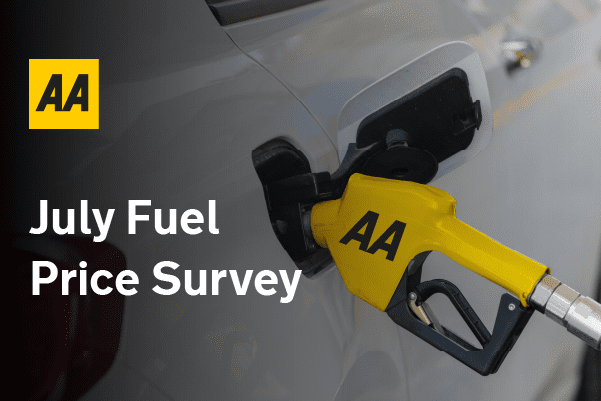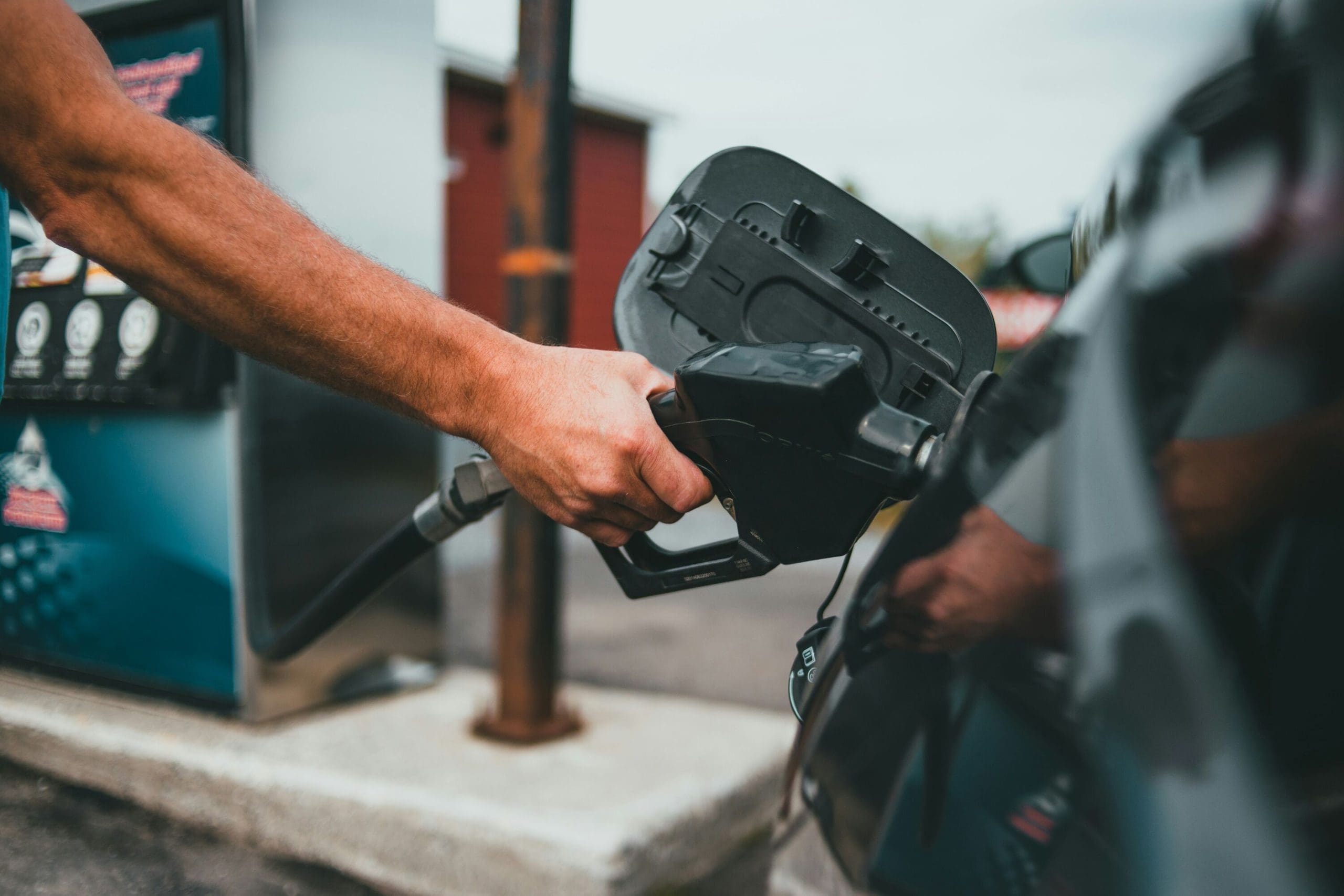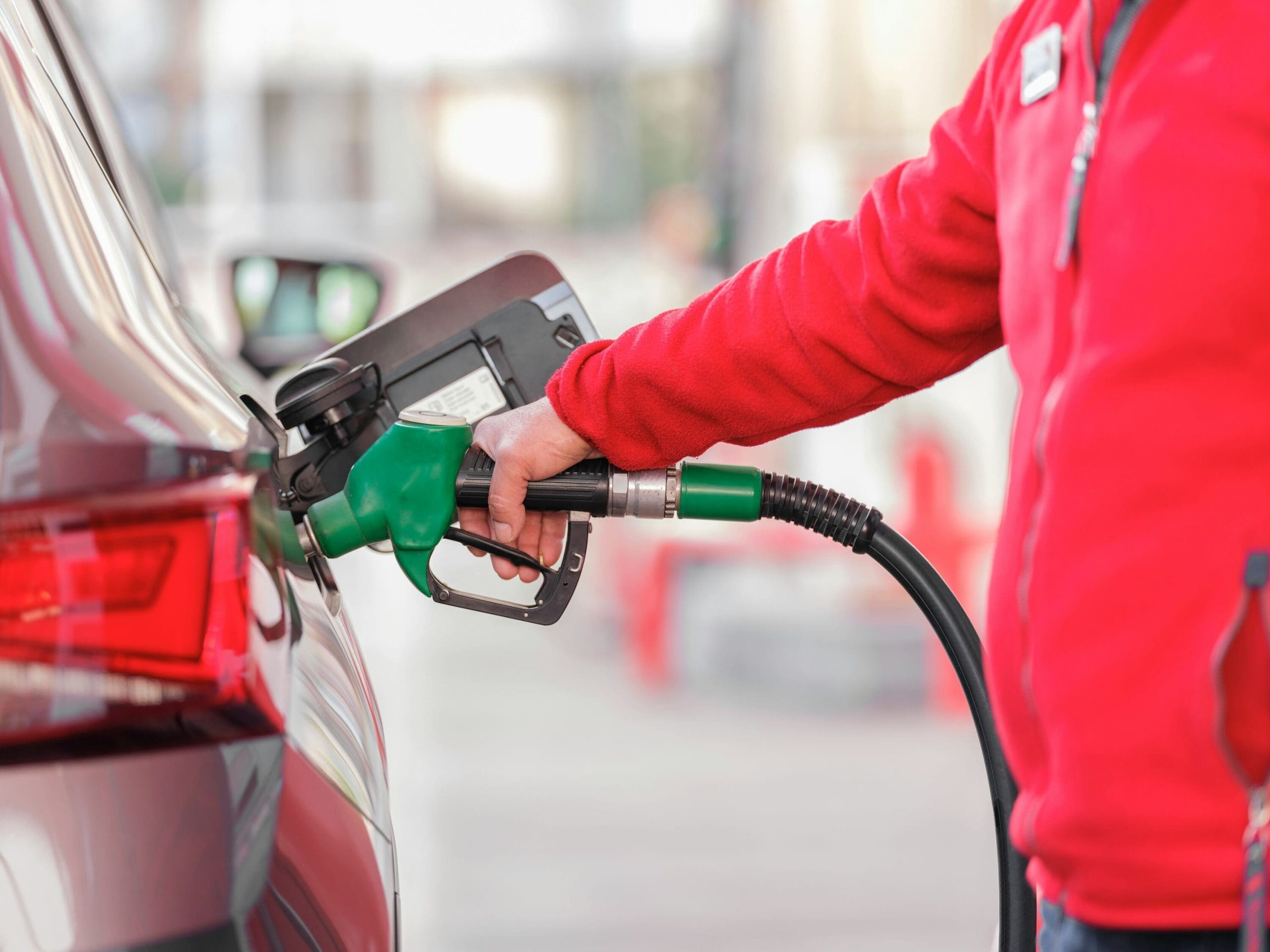Petrol and diesel prices continue to go from bad to worse rising still further from the record high prices reached last month. According to the latest monthly survey from the AA a litre of petrol now costs an average of 142.6 cent, up by 2.5 cents on last month. Diesel also rose, up by 1.9 cent on last month to a national average of 135.2 cent per litre.
“It is a shocking start to the year for drivers.” Says Director of Policy Conor Faughnan. “This time last year a litre of unleaded was 17.5 cent cheaper than it is today. A litre of diesel was 20 cent cheaper.”
This represents a big rise in the cost of living. On typical usage a normal family car will need 150 litres of fuel per month (based on 12,000 miles per year in a car that gets 30 miles per gallon). Petrol therefore costs €26.25 more per month now compared to 12 months ago.
“This is a very big increase in the monthly bill, and it affects almost every family in the country.” Says Faughnan. “This is the context in which successive tax increases on fuel prices are so frustrating for consumers.” Says Faughnan. “Two thirds of the retail price of fuel is now tax. In fact, the government now gets €2.6 billion per annum in taxes on petrol and diesel.”
Bad as the price rises are, many motorists are costing themselves a fortune by not shopping around says the AA.
“We routinely see prices that are five cent per litre below or above the overall average.” Says Faughnan. “Some prices are extraordinarily high. We have not yet seen the €1.50 mark breached, although we have had a few examples of garages charging €1.49 so it is probably not far off. But you do not need to pay that much.”
“Saving ten cents per litre means saving €15 per month. This is money that is far better off staying in your pocket rather than giving a tenner to the government and a fiver to the oil company.”
The price increases are caused by the increasing cost of oil on world markets and a weakening of the Euro against the US dollar. Unfortunately, there seems no prospect of this changing in our favour in the immediate future.
“We know for sure that prices are going to stay high in the next few weeks, and may even rise further.” Says Faughnan. “What happens after that as 2011 progresses is anyone’s guess, but for now the outlook is not good.”
The AA is asking its Members and all motorists to share their concerns about prices and report any issues they come across by posting a comment on this blog.
Our fuel saving tips:
- Buy fuel in units of litres, not euros. This makes it obvious where you get the best value
- Shop around: don’t always use the same garage out of habit
- Drive smoothly and slowly; a harsh driving style burns more fuel
- At this time of year the heaters are in constant use. This is hard to avoid but try to take it easy: Air conditioners can add up to 10% to fuel usage.
- Don’t use the air conditioning all the time: once the air conditioning has heated the inside of the car, you may be able to turn it down or off.









